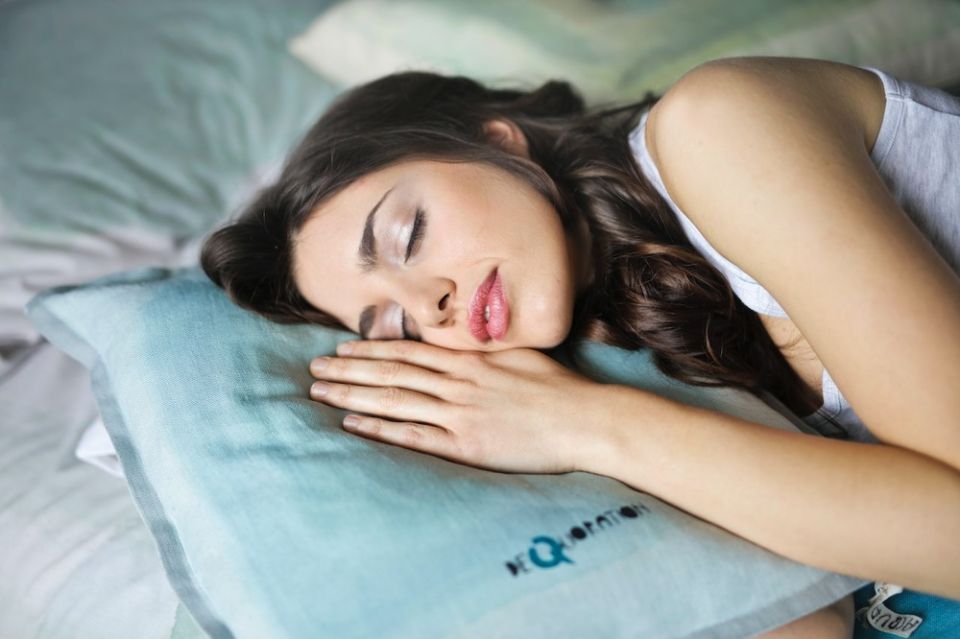How exercise affects sleep
04/10/2023 | Written by Nikos Kaskaras in Adults
Sleep issues are extremely common these days. We have all heard of people with sleep problems, or even experienced them ourselves. Is there a cure for the problem? And is it that important to our lives?
How many Australians have sleep problems?
It's a fact that in these days of demanding jobs and high stress, sleep problems are a sad reality for an increasing percentage of people around the world. The figures are particularly alarming in Australia: Almost one in two Australian adults report at least two sleep-related problems. Another survey found that one in three Australians do not get enough sleep. The same survey also revealed that 10% of the adult population need more than an hour in bed before falling asleep, and a staggering 66% wake up one to three times during their sleep. Only 15% sleep through the night without interruption.
Why sleep is important
There is no doubt that the above figures are worrying and show that sleep problems are a sad reality in Australia. What is even more worrying is that many people do not realise how important sleep is. Haven't you heard the cliché that sleep is a waste of life and that the less you sleep, the more you can do? Well, needless to say, this argument is ill-conceived. Although sleep needs change over time and there's no one mathematical formula that applies to everyone, the medical consensus is that adults aged 18-65 should get 7-9 hours of sleep a night.
But why is sleep important? During sleep, our bodies work to 'repair' the normal wear and tear that comes with age. More specifically, quality sleep is crucial for
- Good cognitive function
- Normal blood pressure
- Keeping your heart healthy
- Support for your respiratory system
- Strengthening your immune system
- Prevent strokes
- Stabilising your metabolism
Maintaining a healthy sleep pattern is essential for our overall health.
The Role of Exercise in Sleep
So the key question is: what can we do to get a good night's sleep? Is there a way to achieve a stable sleep pattern? The answer is yes. Exercise is probably the best way to eliminate all sleep problems and maintain a healthy lifestyle. Dr Mathew Walker is a sleep specialist and has some very interesting tips. on how to get regular, healthy sleep. His theory is that late-night exercise can work wonders for reducing sleep problems. In particular, his advice includes four pre-sleep exercises:
- Yoga
- Walking
- Light weight lifting
- Light swimming
- His argument is strong because he backs it up with certain points. Light exercise at bedtime can indeed
- Reduce stress levels
- Normalise circadian rhythms
- Stabilise internal body temperature
As our sleep patterns are affected by both organic and psychological factors, regular exercise can help with both. High levels of stress lead to the release of epinephrine and cortisone, two hormones that our bodies produce in response to high-stress levels. Exercise reduces stress, which relaxes the body and leads to a night of deep sleep.
How swimming affects the Quality of Sleep
Dr Walker's recommendations are, of course, valid and to the point. All of the late-night activities he suggests can be very positive and help you sleep better. Everyone should choose the physical activity that they prefer. However, we would like to point out that swimming is probably the best and most convenient way to have a stable and effective routine before going to bed. Firstly, it's the easiest form of exercise for the majority of people living in Australia, because a high percentage of them have swimming pools in their homes. So there's no need to learn yoga techniques, leave the house or buy weights. A good dip in the pool and a relaxing swim is all you need to release tension and prepare your body for a good night's sleep.
Different swimming techniques for better sleep
The feeling of relaxation and freshness that swimming provides is unique because of the element of water. The light, unforced movement of the body in an aquatic environment and the buoyancy factor have no equal. Finally, you could always do more intensive swimming sessions during the day or early evening, so that when it is time to go to bed you are relaxed and ready to sleep effortlessly. Or you could combine the two methods of early and late swimming on different days. Whatever you choose, swimming will certainly provide you with all the positive physical and mental benefits you need to maintain a healthy sleep cycle, improve your overall health and enjoy a better quality of life!